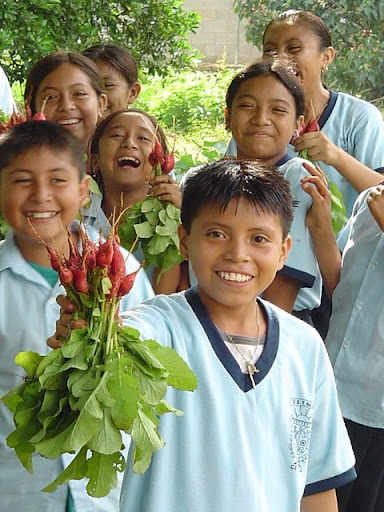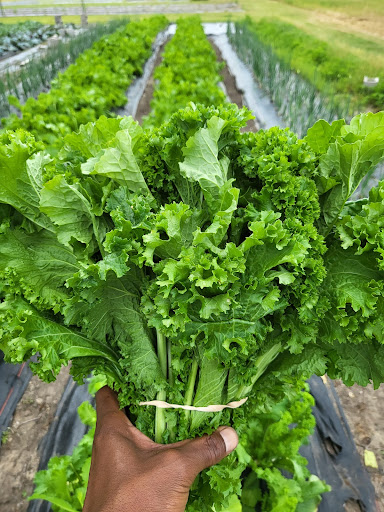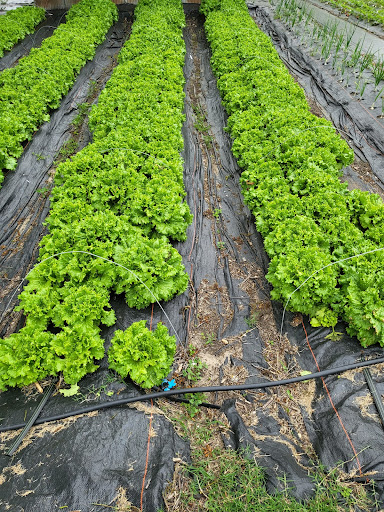World Food Day – The Persistent Crisis of Hunger
Celebrating World Food Day
World Food Day, observed each year on October 16th, is not just a date on the calendar. It’s a stark reminder of the relentless battle against global hunger, food insecurity, and malnutrition. It is also an occasion to evaluate how far we’ve come in addressing the Sustainable Development Goals (SDGs) set by the United Nations (UN), particularly those related to the right to food, clean water, and the impacts of climate change on our food systems.
Global hunger remains a daunting challenge. In 2021, close to 768 million people, almost 10% of the world’s population, suffered from hunger. Addressing access to clean water is a key imperative initiative set by the UN. Although water is a basic human need, billions still lack access to it. Recent data indicates 2.2 billion people lack access to safe drinking water, and a staggering 4.2 billion lack safely managed sanitation services. Water scarcity has detrimental impacts on agriculture and can lead to food insecurity. Cereal crop yields decline and food prices spike, as evidenced by recent droughts in East Africa and recurring water shortages in India. This precipitates hunger and malnutrition, especially for marginalized groups.


Climate change not only impacts the availability of water, it also intensifies storms, flooding, and unseasonal rainfall which can decimate harvests overnight. For example, Pakistan’s catastrophic floods this year submerged millions of acres of cropland, triggering warnings of imminent food shortages.
Exacerbating this precarious situation are global conflicts and policy instability which disrupt staple grain exports. Russia’s invasion of Ukraine halted grain shipments from the region, one of the world’s breadbaskets, spiking prices and supply fears. Ongoing political turmoil has also restricted food imports for countries like Sri Lanka, while drought and conflict have pushed Somalia and Ethiopia to the brink of famine.
Across the world, spiraling food costs and shortages threaten to push millions deeper into hunger and poverty. To build resilience, decentralized, localized food systems are key. When food is grown closer to where it’s consumed, communities are less vulnerable to price shocks and export restrictions. Investing in small-holder agriculture, especially in the Global South, is vital to nourish the world equitably and sustainably.
World Food Day is a call to mobilize governments, organizations, and individuals alike. Solutions are at our fingertips but require concrete political and financial investments, from supporting small-scale farmers to implementing sustainable water management practices and accelerating the transition to renewable energy.
Food First is standing on the frontline of this global struggle against hunger and food insecurity. Our mission is clear—support those marginalized and at the greatest risk of food insecurity including BIPOC communities here in the United States, farmers, and indigenous groups with the aspiration of creating a just and sustainable food system. Food First emphasizes food sovereignty, water equity, and climate justice, and this mission is the force that propels change.
We stand in solidarity with The Food and Agriculture Organization (FAO) of the United Nations regarding their commitment to highlight the importance of natural resources and clean water, pushing for zero hunger globally, and working to reduce the impact of climate change. Food First advocates for policies and practices that promote food sovereignty, water equity, and climate justice. Our research, education, and advocacy efforts aim to reform policies, uplift community-driven solutions, eliminate inequality, and recognize food as a fundamental right for all people.

This World Food Day, we call on global citizens to join the movement. Ending hunger isn’t just about food because the world produces enough food to feed everyone. The challenge lies in redefining food as a right that we all should have access to versus being an economic commodity that is unevenly distributed based on wealth and financial incentives. Today on World Food Day 2023, let’s stand together in supporting efforts to make healthy nutritious food a resource that is shared in a more just and equitable manner globally.
